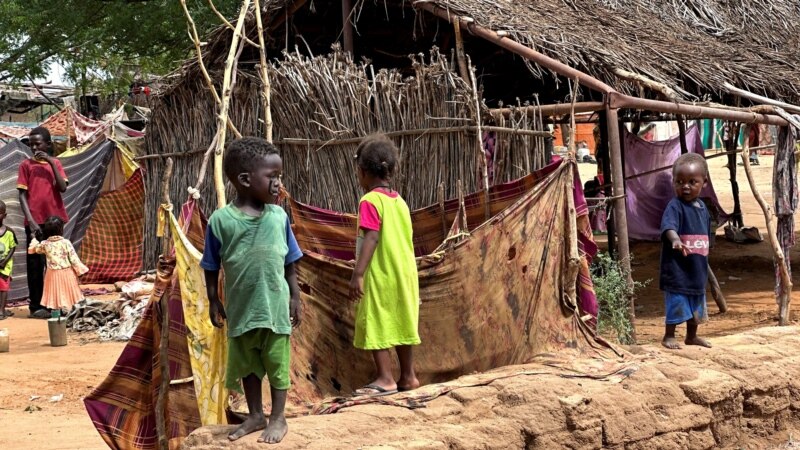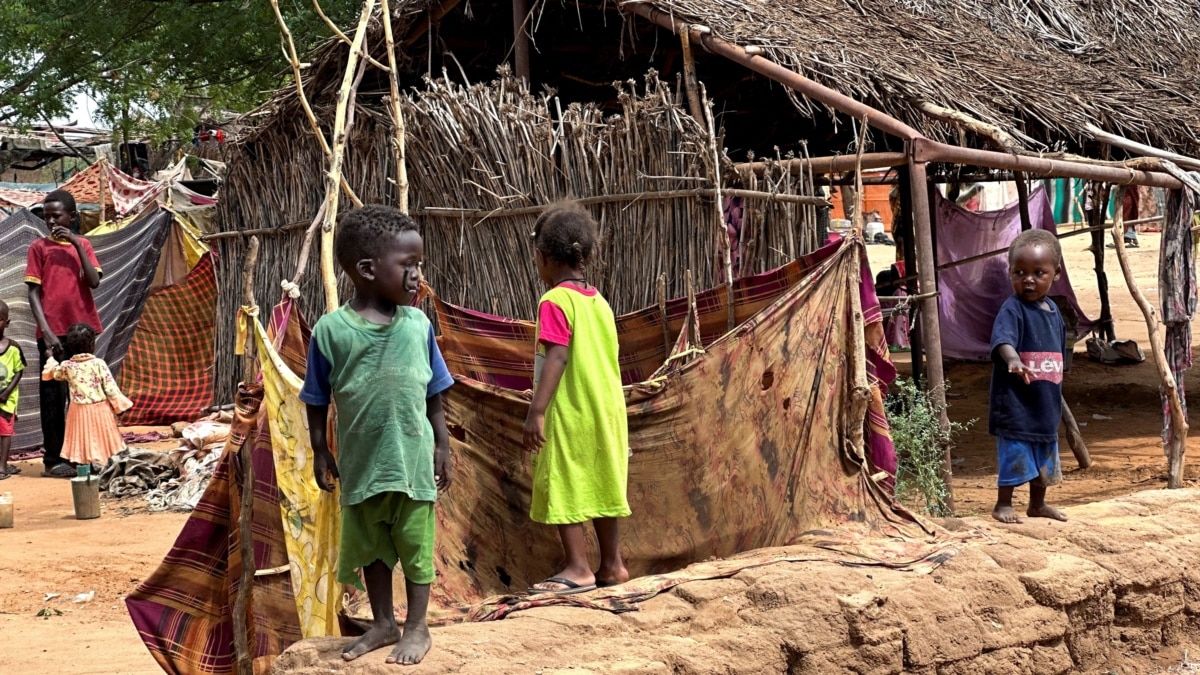This website uses cookies so that we can provide you with the best user experience possible. Cookie information is stored in your browser and performs functions such as recognising you when you return to our website and helping our team to understand which sections of the website you find most interesting and useful.


The U.S. is engaging the warring parties in Sudan to bring them to the negotiation table and end the 16-month-old civil war, national security spokesperson John Kirby told reporters Thursday at the White House.
The warring parties — the Sudanese Armed Forces (SAF) led by Abdel-Fattah Burhan, and the paramilitary Rapid Support Forces (RSF), controlled by Mohammed Hamdan Dagalo, known as “Hemedti” — had promised a smooth transition of power to civilians after a military coup ousted the long-serving president, Omar al-Bashir, in April 2019.
Five years later, the SAF and RSF failed to fulfill that promise, and their inability to find a compromise on how to rule the country led to the war erupting on April 15, 2023.
“We're still very focused on getting both sides in Sudan back to the table and to come to meaningful agreements about laying their arms down and doing the right thing for the people of Sudan,” Kirby said.
The United Nations warned on Wednesday that Sudan, a country of 46 million, is at a “catastrophic breaking point” with thousands of people killed, 10 million fleeing their homes and over 10 million more deaths than expected from preventable diseases.
That same day, the delegates from the UAE, Saudi Arabia, Egypt, the African Union and the United Nations met for the U.S.-mediated peace talks in Geneva. The Sudanese Armed Forces delegation did not show up at the negotiating table.
On social media platform X, Mohanad Elbalal, co-founder of Khartoum Kitchen Aid, a nonprofit organization that feeds displaced people in Sudan, blamed the U.S. for the absence of the SAF at the Geneva peace talks:
“The US set a number of impossible conditions for the Sudanese authorities, foremost of these they refused to invite the Sudanese Government to the talks extending the invitation only to the Sudanese Army while ironically inviting the UAE Government that sponsors the RSF militia, to the talks!”
That is false.
First, Elbalal’s claim that the U.S. failed to invite the Sudanese government has no merit.
According to the United Nations, Sudan does not have a fully functional and legitimate government.
The RSF sent a delegation to the Geneva talks, but U.S. special envoy Tom Perriello, who is leading the talks, says direct mediation would be impossible without the SAF presence.
U.S. Secretary of State Antony Blinken urged Sudan’s de-facto ruler General Abdel-Fattah Burhan of SAF in a telephone conversation to join the peace talks, the State Department said Wednesday.
There is no evidence the U.S. government demanded anything from the Sudanese army besides calling for a cease-fire in the war-torn country.
Yet there is ample evidence that the SAF has set several conditions and has a history of prematurely withdrawing from cease-fire talks.
On July 30, the Sudanese army demanded the implementation of the previous Jeddah agreement, which the U.S. and Saudi Arabia co-facilitated in May last year, leading to a seven-day cease-fire.
“Any negotiations before the implementation of the Jeddah Declaration, which stipulates a comprehensive withdrawal and cessation of expansion, will not be acceptable to the Sudanese people,” SAF said.
However, according to the mediators, neither party complied with the Jeddah agreement.
On July 9, the Sudanese army pulled out of the Cairo talks, blaming the Tagadum faction, which represented the Sudanese Coordination of Civil Democratic Forces, for sympathizing with the RSF.
Previously, in January, the army withdrew from peace mediation after the talks’ organizer, the Intergovernmental Authority on Development (IGAD), an East African regional bloc of 8 countries, invited the RSF leader to a summit in Kampala, Uganda.
SAF also withdrew its membership from IGAD.
Also in January, the army recalled its ambassador to Kenya, cutting all diplomatic ties with the East African country after President William Ruto met with the RSF leader in a bid to organize a face-to-face meeting with the SAF leader. The army later refused to participate in negotiations arranged by Ruto.
Also, on May 31 of last year, SAF pulled out of cease-fire talks, claiming that the RSF had never implemented a single agreement set by the U.S.-Saudi initiative that brought a short-lived respite to the country.
Elbalal also failed to mention that Egypt — an SAF ally accused of supplying the SAF with warplanes and drones — is present at the Geneva talks, and that the UAE has represented RSF at various peace talks in the past.
The U.S. also accuses the UAE of sponsoring the RSF but maintains that both the UAE and Egypt wield influence in the Sudan conflict and their participation in any cease-fire talks is necessary to ensure success.



 Africana55 Radio
Africana55 Radio 
